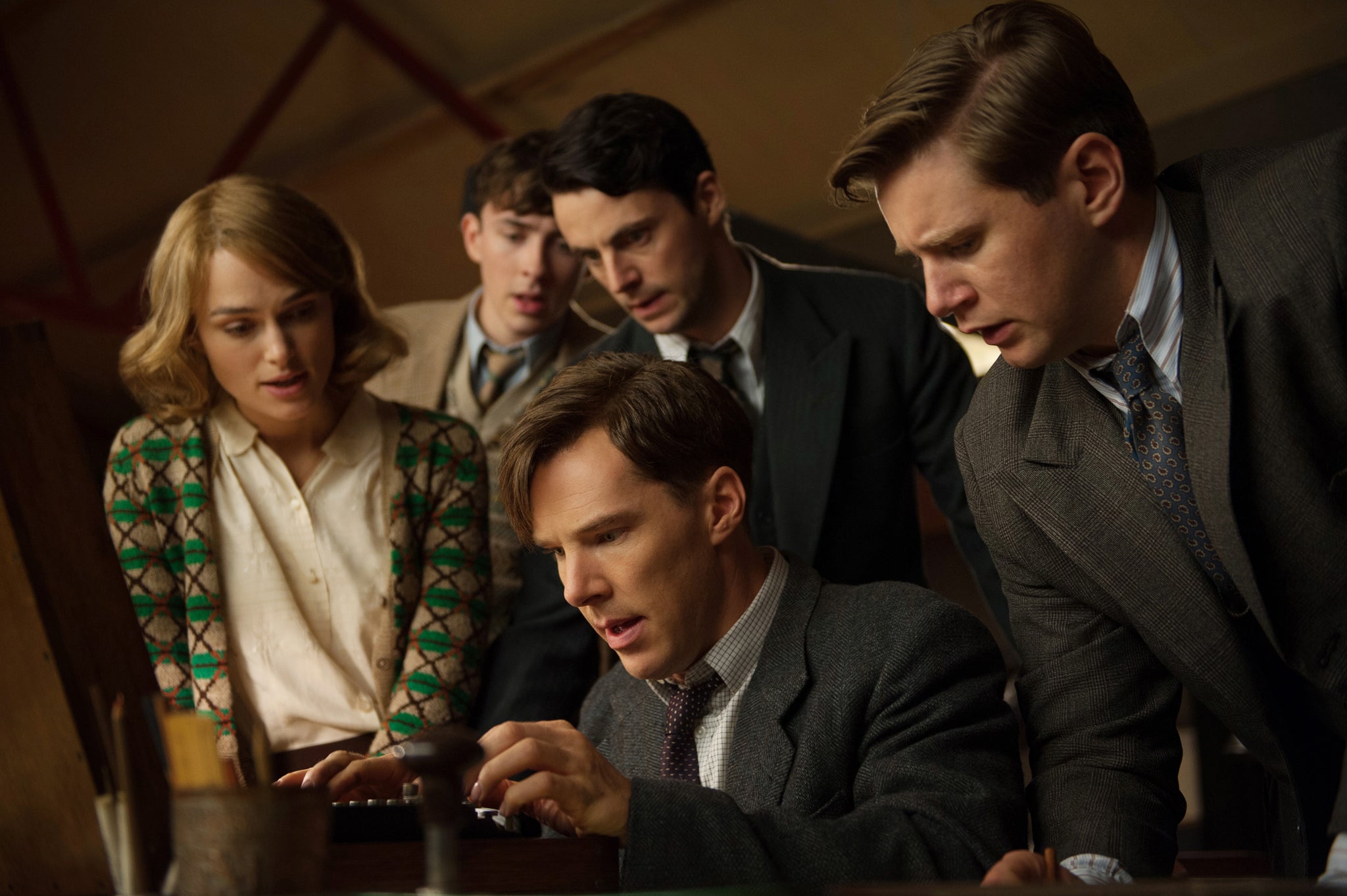Manchester was ahead of the pack in honouring Alan Turing
The city’s defence of this tortured genius, is a rare example of civic leaders behaving with compassion, magnanimity and foresight


A couple of years ago, I was stuck in traffic near to what was then the City of Manchester Stadium, and I noticed that the road was called Alan Turing Way. I idly wondered who Alan Turing might be. I wasn’t aware of him from Manchester City’s past, but perhaps he was a hero from the 1950s, a talented midfielder, a one-club man and a favourite with the fans. But I’d have heard of him in that case. Maybe he was a public official, a former mayor perhaps, whose legacy was marked by the naming of a dual carriageway after him.
It was only relatively recently that I, in common with most of the nation, discovered exactly who Alan Turing was, and what place he occupied in the history of our nation. We needed a film to explain Turing’s role in securing the Allies’ victory in the Second World War by cracking the Germans’ enigma code, and to expose the prejudice that led to Turing, a practising homosexual, killing himself in 1954.
The Imitation Game, built on a magnificent portrayal of Turing by Benedict Cumberbatch (pictured), is a seriously good, thought-provoking period piece, but was somehow negligent in explaining why an inner-city ring road in east Manchester should be named after this quietly heroic mathematician. Turing was convicted of gross indecency in a Manchester court in 1952, and was sentenced to be treated with hormone drugs – so-called chemical castration – to “cure” him of his homosexual urges. Two years later, he took cyanide and put an end to his misery and ignominy.
And the story might have ended there, a disregarded, shaming footnote to our military and mathematical history. Thanks to being the subject of a hit movie, what Turing did in the war is now known to us all. However, it was only in 2013 that he was finally granted a royal pardon, the Justice Secretary Chris Grayling saying that the way Turing had been treated had been a “terrible blight on our history”.
But the city of Manchester was way out in front on this issue. Alan Turing Way was so named in 1994, fully 20 years before the rest of the world caught up. The council leader at the time was a mathematician, who campaigned for Turing’s contribution to the war effort to be recognised and his life celebrated.
Turing’s connection to Manchester is strong. Much of his ground-breaking work was conducted at the University of Manchester (where the atom was first split) and it was here that he built the world’s first modern computer, called the Manchester Mark 1. The city felt Turing was one of its own, and a petition calling for Turing to be pardoned was signed by 37,000 townspeople. A statue of him sitting on a park bench was put up in 2001, close to Manchester’s gay quarter.
I am proud to be a Mancunian. I am in awe of the city’s industrial, political, social, sporting and cultural heritage. But I never knew about the story of Alan Turing. The city’s defence of this tortured genius, long before it became fashionable, is a rare example of civic leaders behaving with compassion, magnanimity and foresight. One more way in which this city’s history has been burnished.

Join our commenting forum
Join thought-provoking conversations, follow other Independent readers and see their replies
Comments